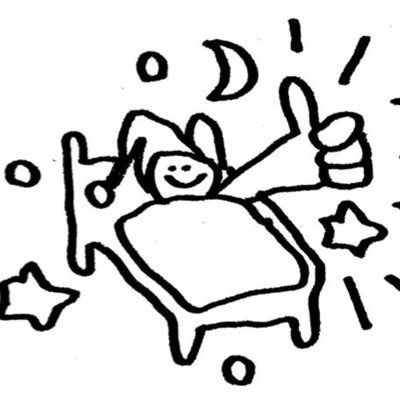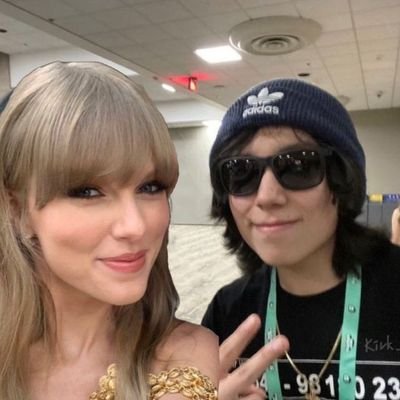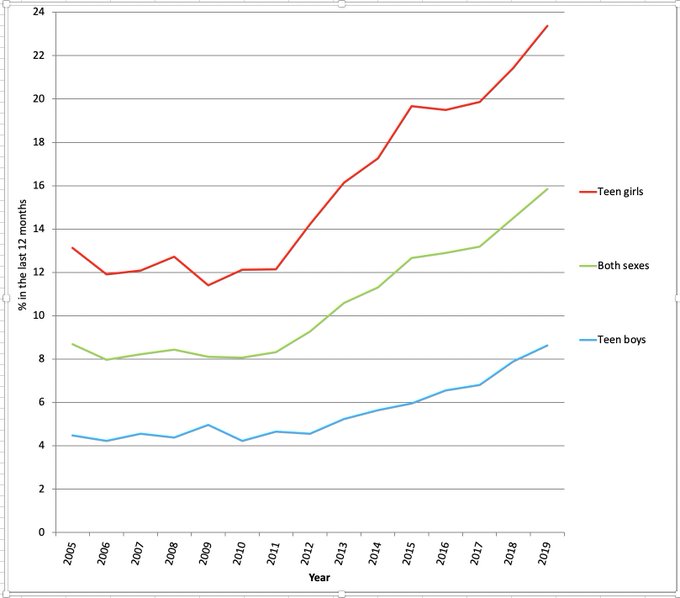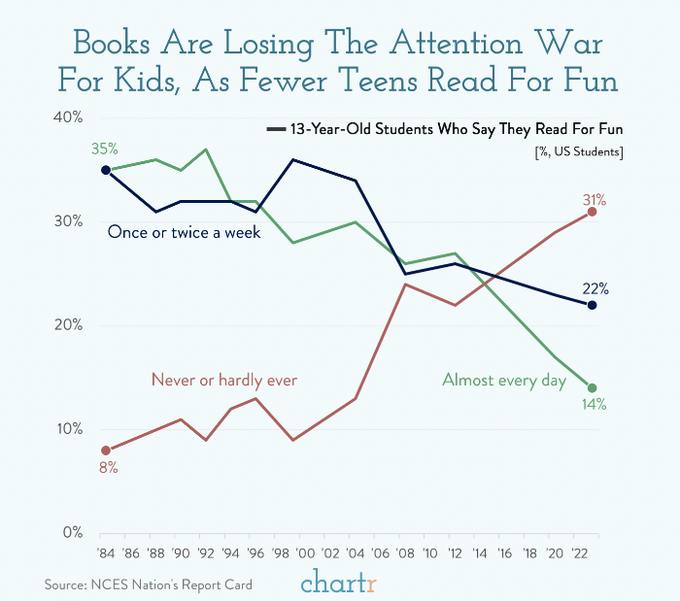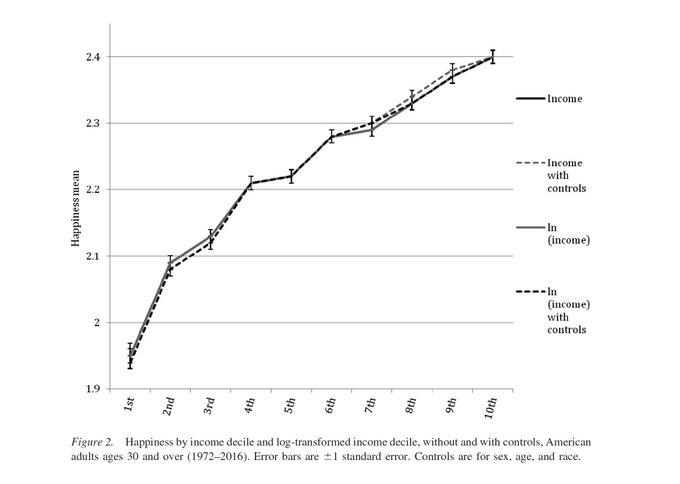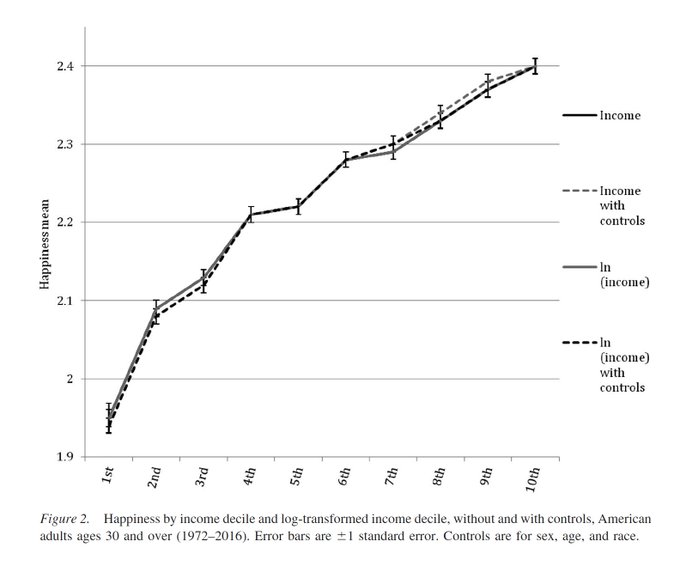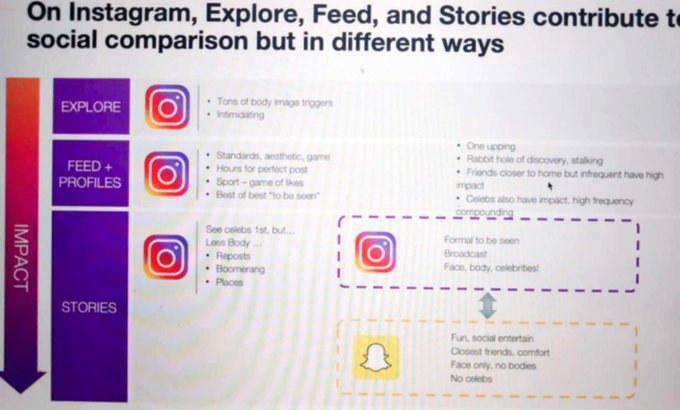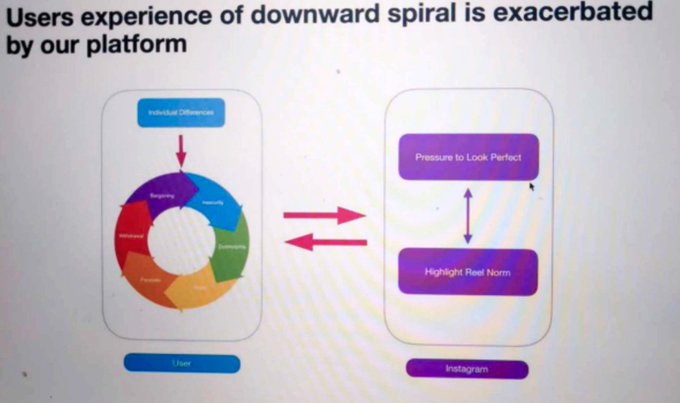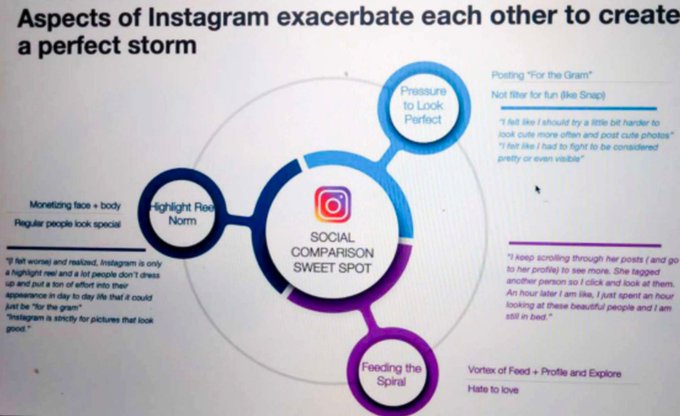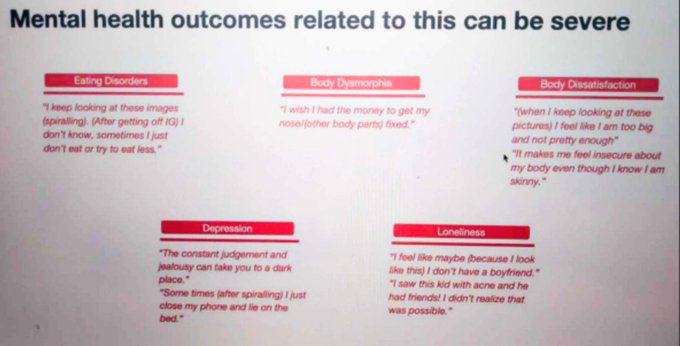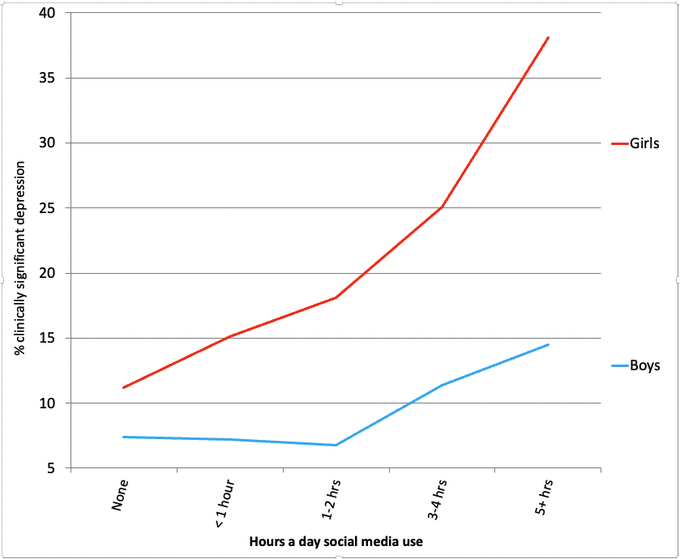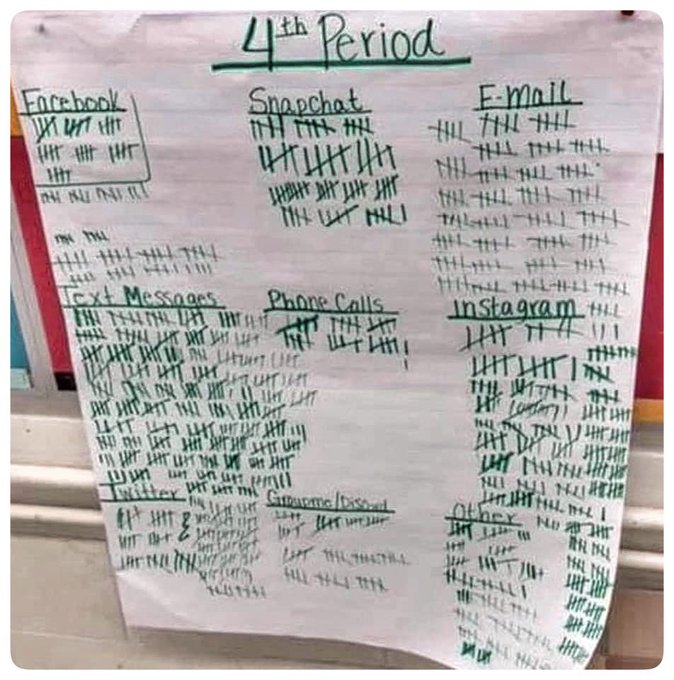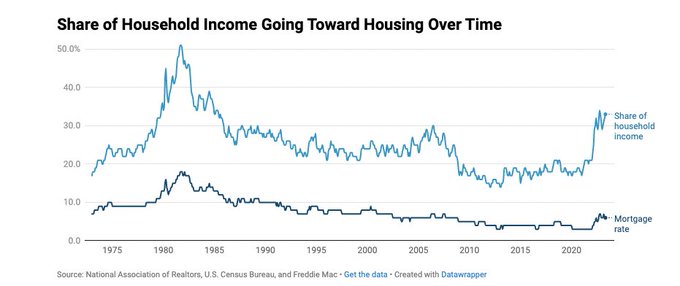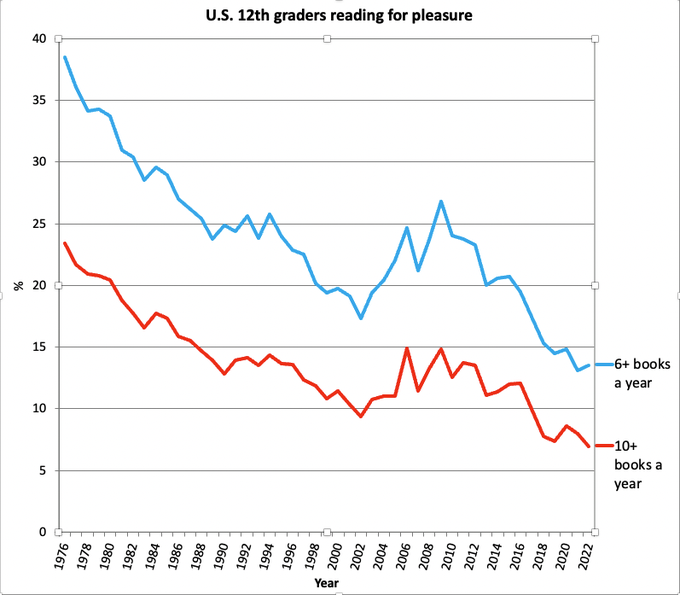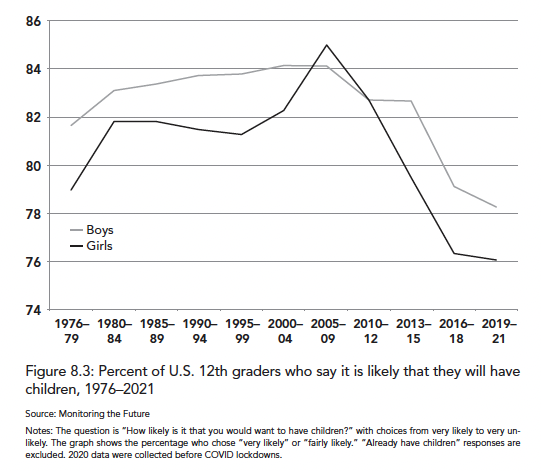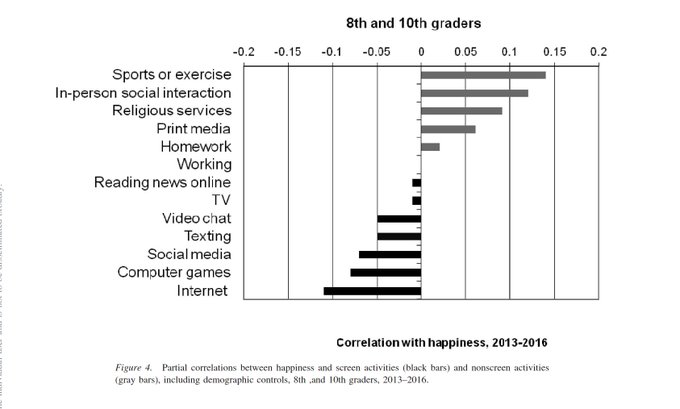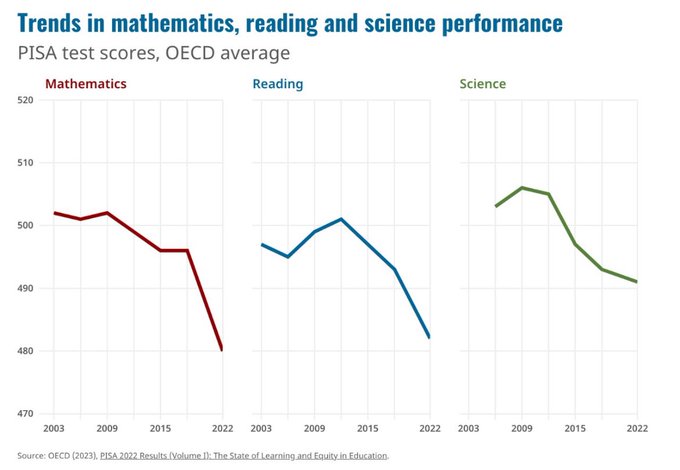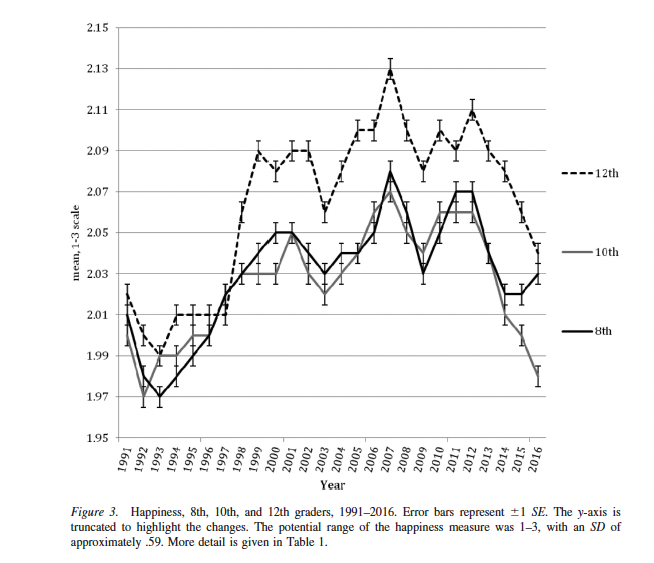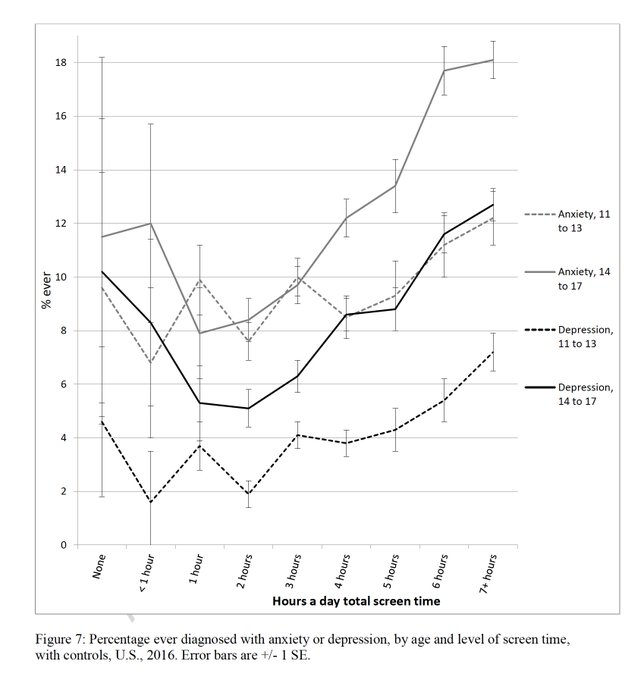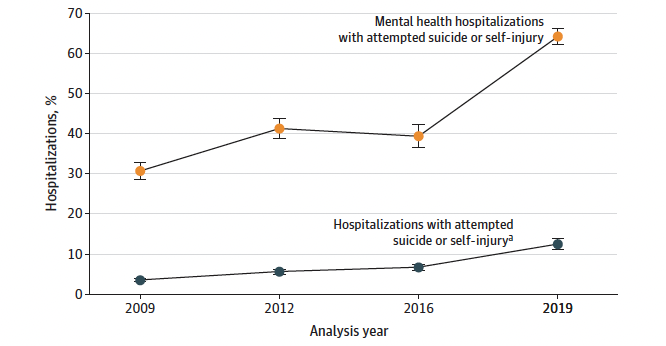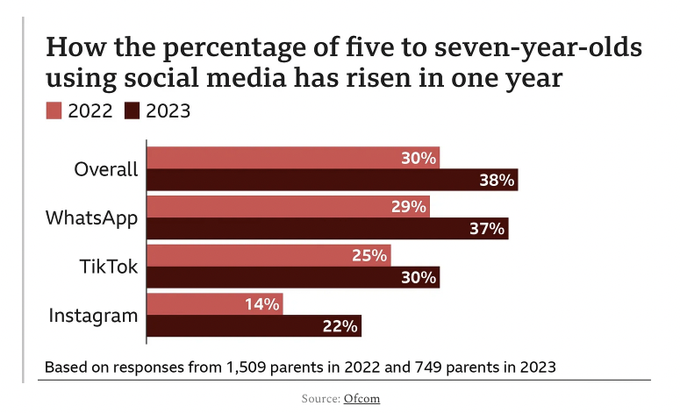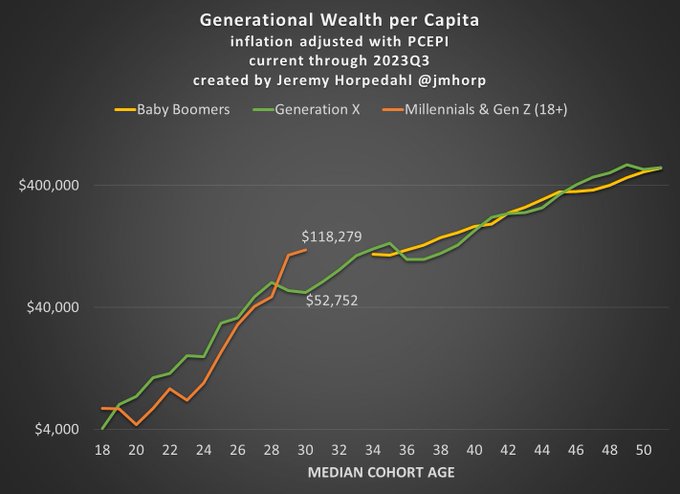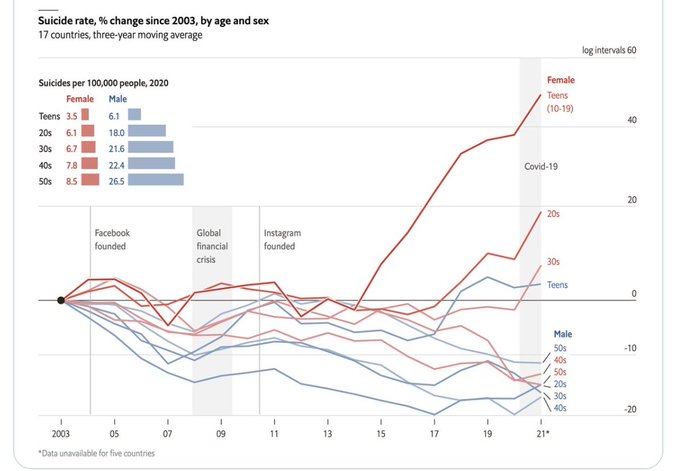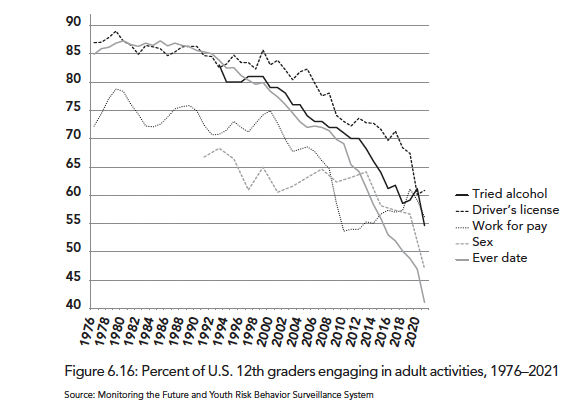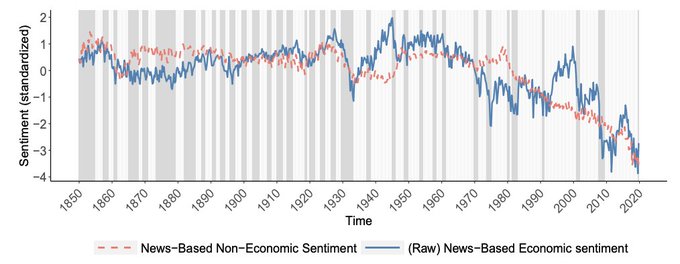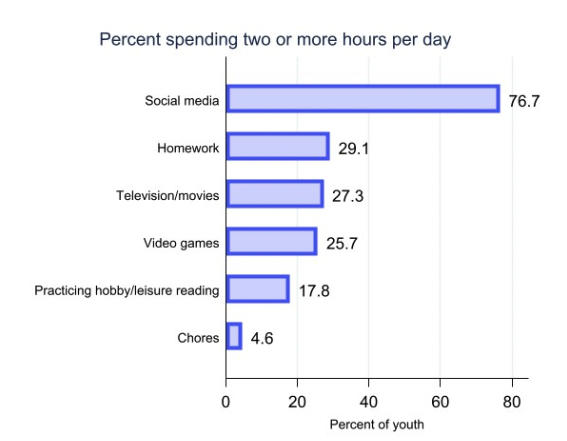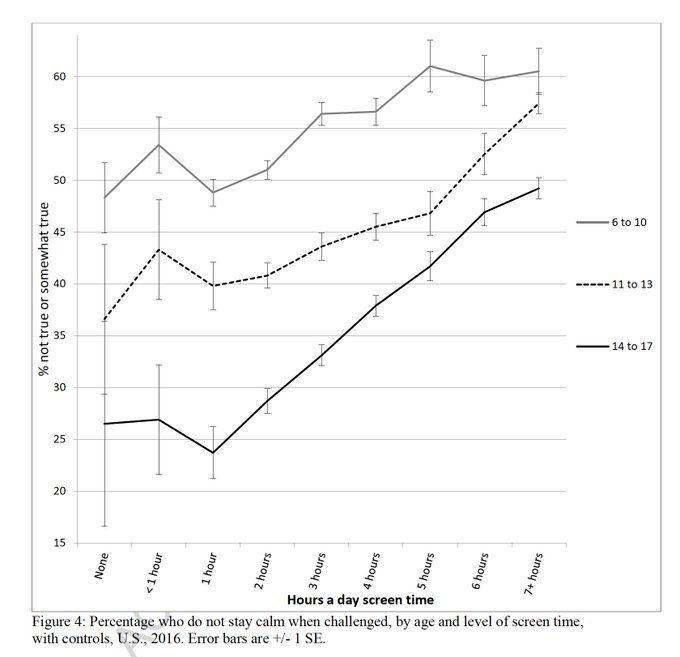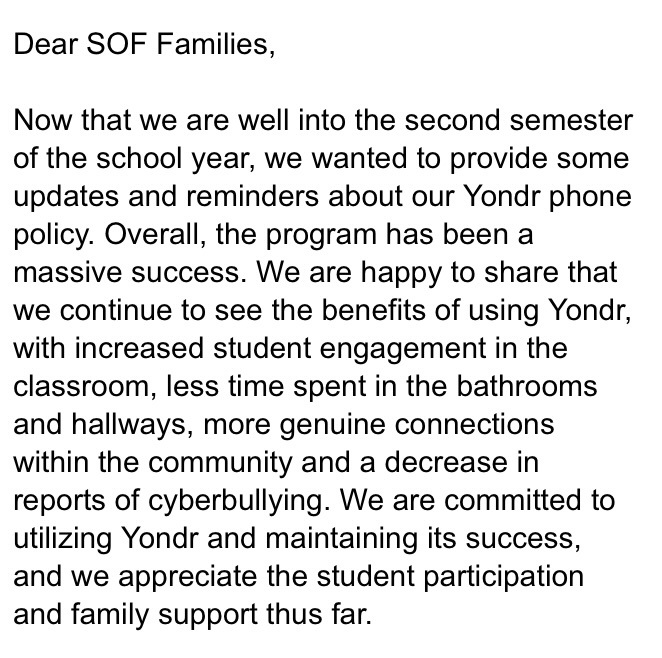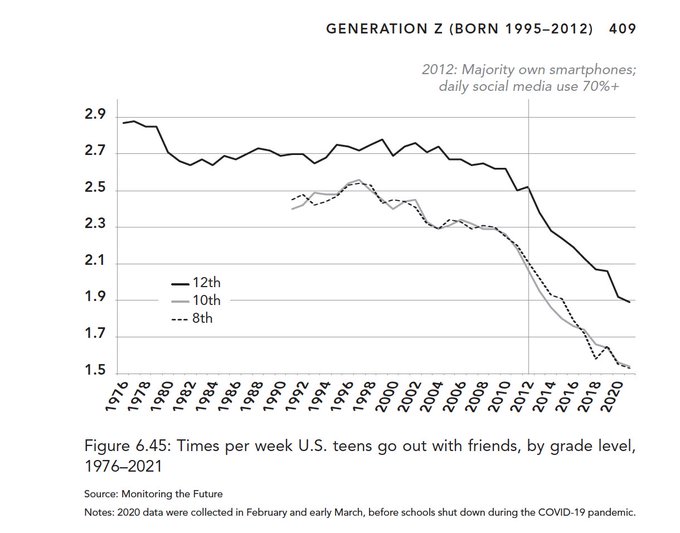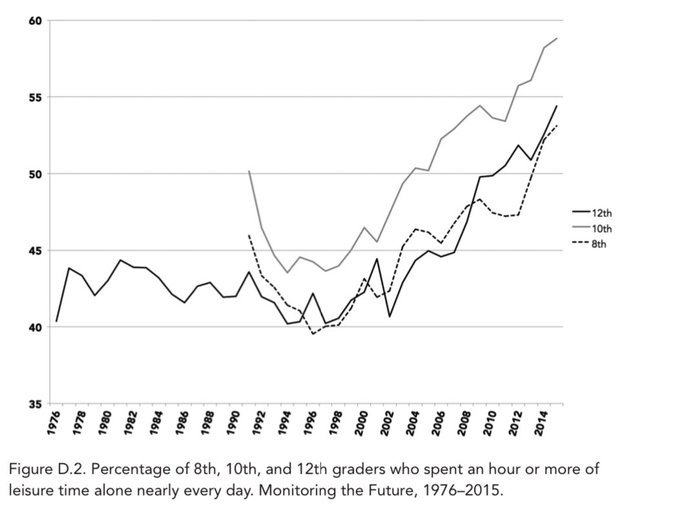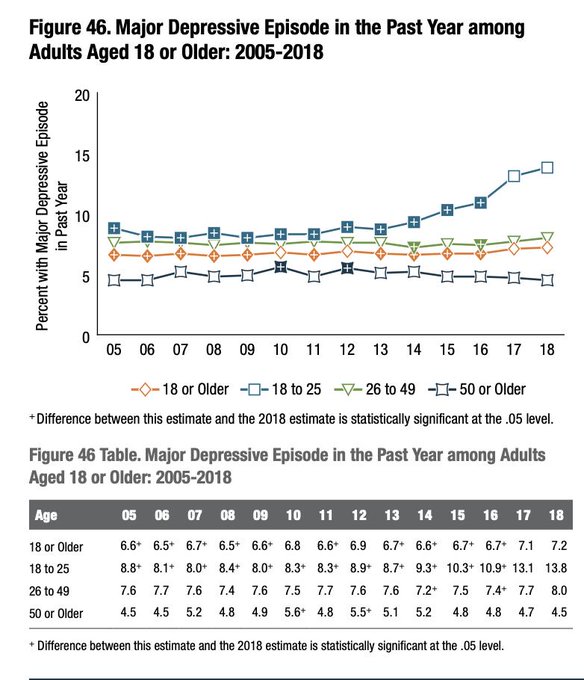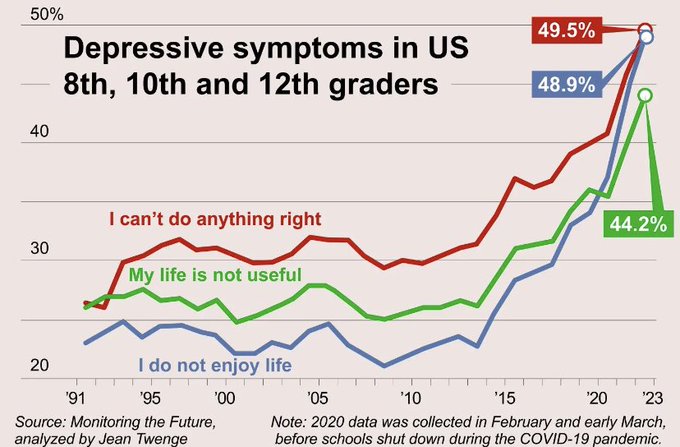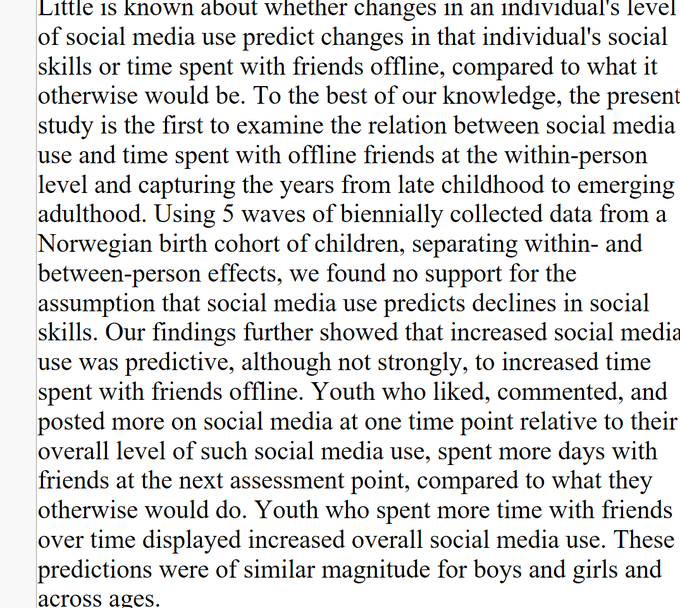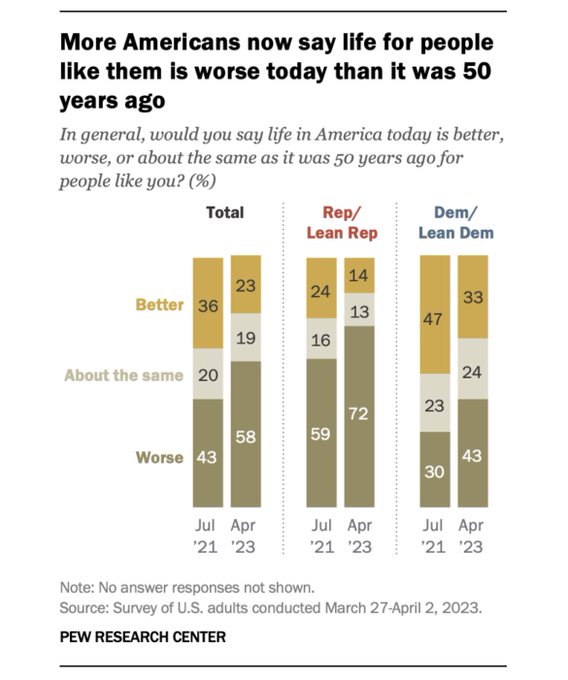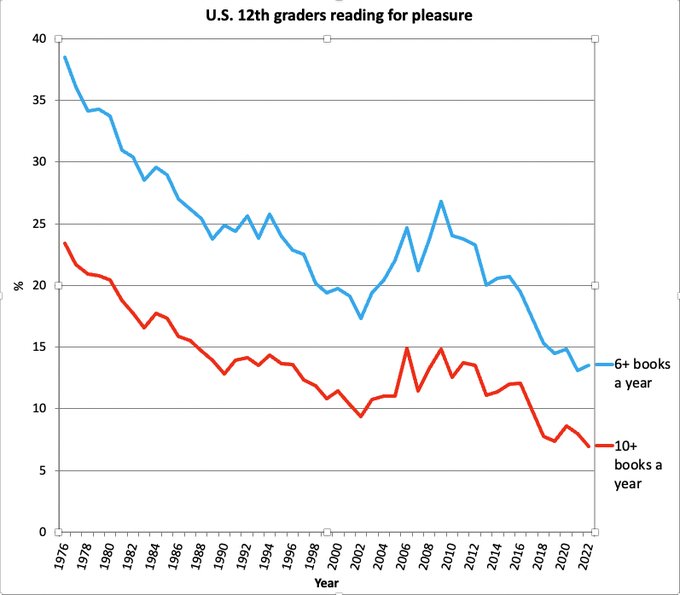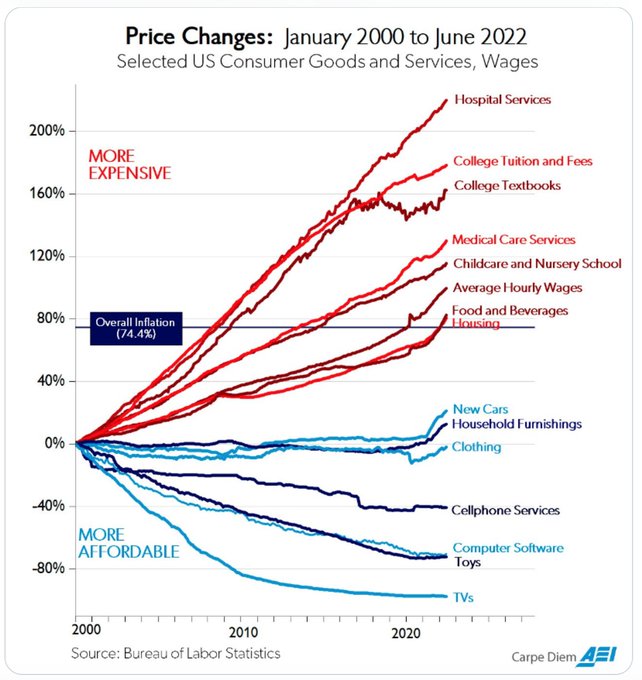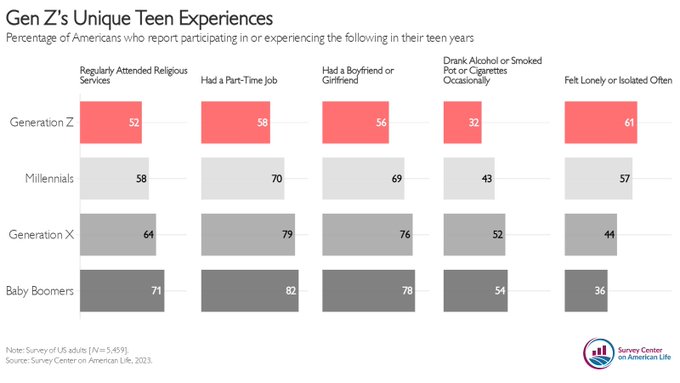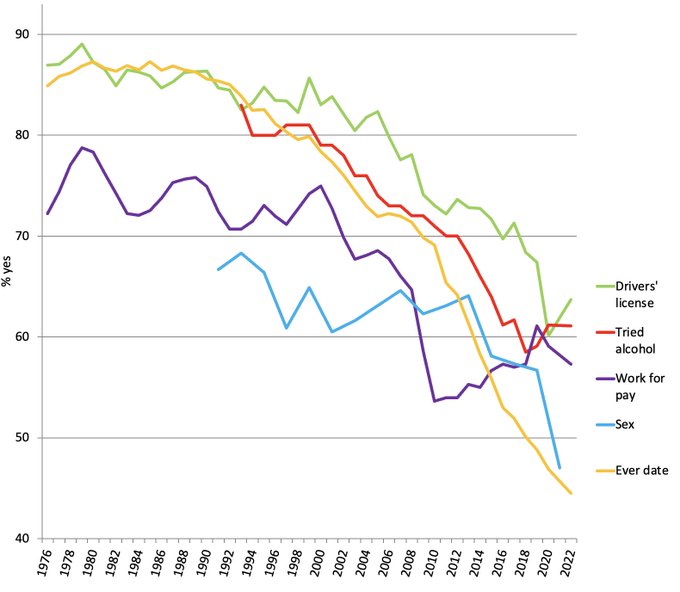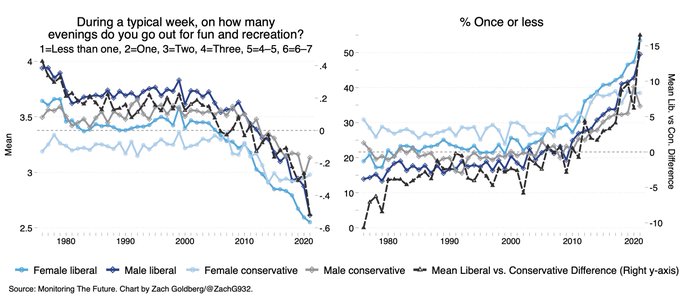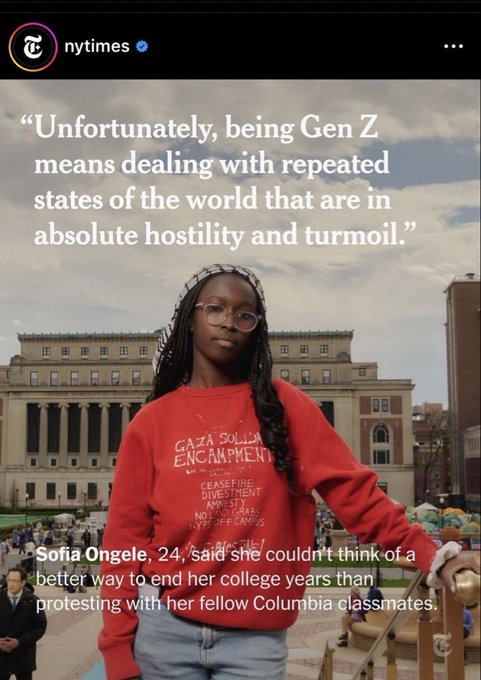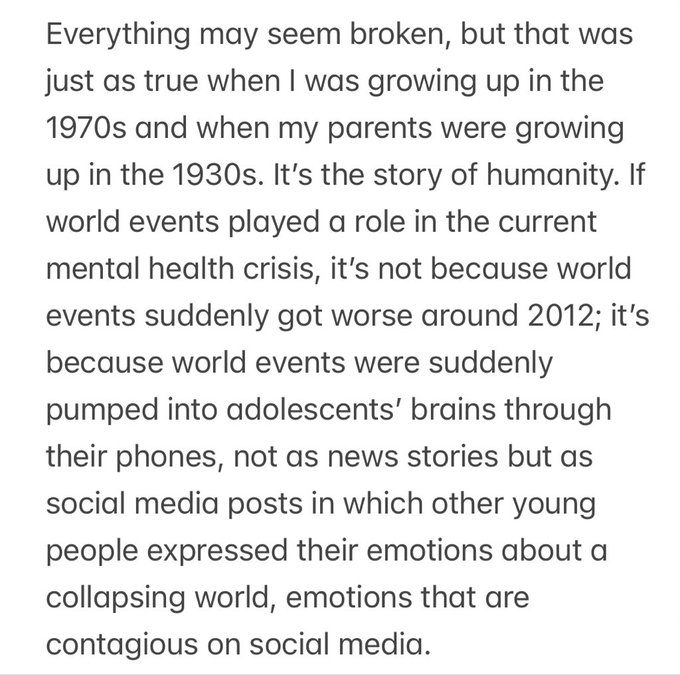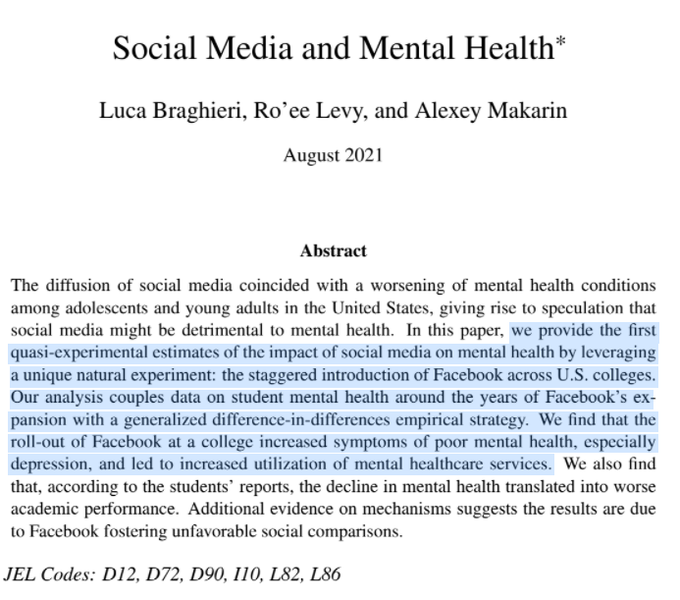
Jean Twenge (author of GENERATIONS, iGEN)
@jean_twenge
Followers
16,913
Following
1,242
Media
226
Statuses
4,635
Mental health, social media, Gen Z at work, trends. Professor and speaker. Newest: Generations book:
San Diego, CA
Joined April 2017
Don't wanna be here?
Send us removal request.
Explore trending content on Musk Viewer
Sunak
• 254622 Tweets
Starmer
• 239231 Tweets
Bancolombia
• 43628 Tweets
WE LOVE YOU HALSEY
• 41230 Tweets
Harry Potter
• 37759 Tweets
チェンソーマン
• 34192 Tweets
Gremio
• 27819 Tweets
FREE FURIA
• 25620 Tweets
#ラヴィット
• 25546 Tweets
Bungie
• 25399 Tweets
#WWENXT
• 24985 Tweets
週の真ん中
• 16296 Tweets
Gaules
• 15892 Tweets
Siboldi
• 15321 Tweets
#TheAcolyte
• 13558 Tweets
Kelvin
• 13280 Tweets
Last Seen Profiles
This is stunning -- Chinese kids under 14 primarily see educational videos on TikTok and are limited to 40 minutes a day. The U.S. version is a free-for-all and has no time limit.
131
842
3K
Why is the teen birth rate falling? Because
#iGen
is growing up more slowly. It's not just sex and pregnancy; it's also driving, working, drinking alcohol, and going out -- it's all done later.
119
185
695
Two personality psychologists trying to make sense of the weirdness of this cultural moment: Why online culture is so often toxic & why teens are taking longer to grow up (and lots more). My recent discussion with
@jordanbpeterson
:
23
83
671
"Everybody knows" Millennials got screwed by the economy and will never own homes. Surprised to find that's not true: Millennials actually make *more* money than Gen X & Boomers did at the same age. More in the excerpt of my new book, Generations, out in The Atlantic today:
Studies show that Millennials, despite a rough start, are now thriving financially,
@jean_twenge
writes. What if the American dream is still alive, but no one believes it to be?
156
42
215
713
72
468
This is what is remarkable: Teen pregnancy, crime, physical fights, and child poverty are all down since 2010, but teen depression doubled. It should have gone down -- but it didn't, because smartphones and social media led to social isolation & sleep deprivation.
18
134
444
This is what happens when we give individualistic advice like "You shouldn't care what anyone else thinks of you." It's meant to encourage self-confidence, but if you truly don't care about others' views, rudeness and anti-social behavior are the predictable result.
21
75
381
I'm seeing a lot of posts suggesting this doesn't account for the higher cost of living. But it does: The numbers are median income *corrected for inflation*. In 2021 dollars, Millennials are making more money than Gen X'ers and Boomers at the same age. 🧵(1/3)
Studies show that Millennials, despite a rough start, are now thriving financially,
@jean_twenge
writes. What if the American dream is still alive, but no one believes it to be?
37
19
101
61
49
345
This is a crucial point: Teens who quit social media feel left out, and those who stay on often grapple with mental health issues. You can't win. Social media is social. We need group solutions, not individual ones.
7
89
311
@jmwooldridge
No, you are completely correct. Very important distinction. A shift from 3% to 6% is a 3 percentage point change but a 100% increase.
3
17
312
Parents: Does this look negligible to you? Twice as many heavy users of social media are depressed vs. non-users, 3x among girls. (From the UK Millennium Cohort Study of 15-year-olds). And yes, there are experiments showing causation as well.
19
98
294
This is INSANE!!
SMARTPHONE BAN
In the US, a teacher (Mary Garza) instructed her students to set their phones to loud mode. Each time a notification was received they’d stand up & tally it under a suitable category. This occurred during ONE class period. Each mark is a learning disruption
#edchat
50
342
1K
21
71
286
Wow, this is a terrible idea ("silent lunch"). Kids & teens already don't get enough time to socialize face-to-face, and now we're going to tell them they can't talk at lunch in school?
18
31
247
Q: What fraction of 1994 teens read 10+ books for fun per year?
A: Twice as many as in 2022.
Reading started dropping in the '70s, resurgence '00s, then back down. End result: All-time lows.
From Monitoring the Future (nationally representative survey)
@paulg
@paulg
I wouldn't be surprised if teens read more per day today than they did 30 years ago. But it's in different locations than 30 years ago. I suspect there are some very positive effects of this, and some very negative.
I'd love to know what fraction of 1994 teens read 10+ books
17
3
130
18
84
239
Among teens, every screen activity is correlated with less happiness, and every non-screen activity (except working) is correlated with more happiness. Out today in the
@APA
journal Emotion.
5
133
171
Check out this brilliant demonstration of the compulsion to use social media -- even if you don't like it.
An excerpt from “We’ve Been Sneaking Into Your Brains”
@HumaneTech_
Head of Education,
@MaxStossel
's talk to 800 middle and high school students in Braintree, Massachusetts.
1
85
179
6
67
178
I can think of a few things that changed in teens' lives around the world in 2012 and after that might have an impact on learning ...
10
53
175
It's difficult to describe the increase in young adults identifying as transgender since 2014 in words. The graph captures it much better. Data from a CDC survey.
More in *Generations* and the excerpt in
@TIME
:
42
48
164
What do happy teens do? Correlations between teen activities and their self-reported happiness show some interesting patterns.
My latest
@PsychToday
:
3
90
150
The implications of the mental health crisis among Gen Z and Millennials in the U.S. and Canada: My latest in
@globeandmail
. Based on the research in *Generations*:
15
40
143
After rising 1991-2012, teens' happiness suddenly plunged 2012-2016. Unusual to have such a quick generational shift -- in this case from
#Millennials
to
#iGen
. In the
@APA
journal Emotion, out today.
15
84
131
Very consistent with the charts in the Millennial chapter of *Generations*: Millennials and Gen Z are doing very well financially despite the extremely common idea that they will never catch up to previous generations. They already have.
11
37
133
Could not have had a more fantastic time on the
@RealTimers
show with
@BillMaher
talking about *Generations* last night! So rare and appreciated to have an in-depth discussion of people & ideas on TV.
#StartTheClock
: Tonight's episode of Real Time with
@BillMaher
feat. Dr.
@Jean_Twenge
,
@AnnCoulter
and
@VanJones68
is now on
@HBO
!
Watch the conversation continue after the show on
#RTOvertime
at 11:30pm ET on
@CNN
.
147
15
122
13
9
122
For the critics saying the absolute numbers of teen girl suicides are small: But the number with clinical depression is *not* small: 28%, up from 12% in 2011. That's *3.6 million* U.S. girls. But we also have to examine suicide as the critics dismiss the depression stats as
@Leesplez
The increase in teen girl depression is large in absolute terms. Critics said that could be due to more liberal diagnosis and greater awareness. So that’s why Haidt is focusing on suicide.
The small absolute increase in suicide supports a large absolute increase in depression.
3
2
41
9
40
121
Negative news gets clicks, so becomes more common. The result: Pervasive pessimism disconnected from reality. Many believe the economy is terrible (even when it's not) and are certain this is the worst time in history to live (when in many ways it's the best time).
5
33
117
The vocabulary skills of U.S. college graduates declined 1972-2016. Vocabulary is a key part of verbal IQ. New study with
@wkeithcampbell
&
@RyneSherman
in the journal Intelligence:
9
58
97
We know young kids shouldn't be on social media. So why don't their parents stop them? Because they can't. Parental permission is not required, and age isn't verified. We need more regulation, not knee-jerk "where are the parents?" arguments.
The smartphone era has brought an alarming rise in loneliness, depression, and other mental-health issues among kids.
We must keep children and young teens off social media, but parents alone can’t do it. |
@jean_twenge
11
7
31
19
25
111
On tonight! Will be discussing *Generations*, especially Gen Z and how they are different.
FRIDAY:
@BillMaher
welcomes
#Generations
author
@Jean_Twenge
+
@VanJones68
and
@AnnCoulter
to Real Time
@HBO
!
Reply with a question and join the conversation after the show on
#RTOvertime
.
232
44
298
17
21
112
All schools need to be doing this.
4
28
109
Important note: The left graph in
@DKThomp
's post is more about teens taking longer to grow up, which has both upsides (less alcohol) and downsides (less independence). More concerning is the decline in teens going out with friends (from the Gen Z ch. of *Generations*).
It’s mostly cringe for middle aged people to gawk at general changes in younger generations, but the anti-socialization of childhood in America is really a stunning thing to see all at once. ht
@jean_twenge
195
643
4K
5
35
105
The Chronicle of Higher Ed (
@chronicle
) asks "Is this the end of reading?" In a word, yes. And college faculty are noticing.
9
27
99
Heavy social media use predicts more depression a year later, even when controlled for past depression in new large, longitudinal study of teens. Suggests at least some of association is social media --> depression.
@KERiehm
@JAMAPsych
5
47
85
Common fallacy: "Because social media use and in-person socializing are positively correlated, SM can't be the cause of the decline in face-to-face socializing." This confuses individual-level effects (social kids are social kids) and group-level effects (as SM use rose over the
7
16
81
Also stunning since negativity went *up* between 2021 and 2023 as the COVID pandemic waned. Why are people so negative right now? (Honestly asking; theories welcome).
52
6
80
The decline in reading is real.
(And
@Educhatter
is correct: It began looong before book bans).
7
31
81
The perils and eventual success of doing research in the public sphere about
#Millennials
& change.
@adamconover
0
12
78
These same trends appear when teens are asked about these activities in time-lag studies (say, Boomers as teens in 1976, Gen Z as teens in 2022 -- see *iGen* and *Generations*). So it's not memory bias. Gen Z really is taking longer to grow up, and they really are experiencing
11
38
79
🚨 This is huge: Facebook did internal research showing Instagram is linked to mental health issues among teen girls. (& supposedly the sample sizes are massive). What does this mean?
“WE MAKE BODY IMAGE ISSUES WORSE FOR 1 IN 3 TEEN GIRLS.” That’s a document that Facebook employees shared internally, summarizing research about teen girls who experience these issues
By me,
@JeffHorwitz
+
@dseetharaman
28
763
1K
4
34
77
It's bc teens are less likely to do all adult activities, not just working. This slow life strategy happens with longer life spans, and also explains why people now marry & have children later and why "50 is the new 40." Not all good or all bad, just is. (⬇️U.S. 12th graders)
8
19
76
Exactly -- found the same thing in the Gen Z chapter of *Generations*. Might be one of the primary drivers behind the more pronounced rise in depression among liberal teens -- they are seeing friends in person less. Liberal teens are also spending more time on social media.
4
16
71
Love this. And a lot of experts, including me and
@JonHaidt
, have been saying for years we should ban phones in school bell to bell.
8
23
73
The rule in our house: You don't get a smartphone until you have your driver's license. Before that, only phones with no internet access and no social media. Love the suggestions here on ways to help kids be safer in the digital age.
@TODAYshow
9
22
69
The evidence is now overwhelming that depression, self-harm, suicide attempts, and suicide have increased among U.S. teens since 2012. See a summary of studies collected by
@JonHaidt
and I here:
4
35
67
Wonderful but little-known fact: Tom Lehrer (who's 94) recently gifted his lyrics to the public domain, so you can quote them in books, articles, etc. for free:
3
18
65
As just two examples:
Is right now really worse than 2008-09 during the Great Recession (particularly for young college graduates, who were Millennials at the time)?
Is it worse than the 1960s-80s, when the prospect of nuclear war between the U.S. and Russia seemed ever-present?
-Left: a recent NYT Instagram post
-Right: a paragraph from
@JonHaidt
’s latest book describing the problem with posts just like this
4
59
250
9
9
67
Exactly. We think of social media as "free" because we don't pay in dollars. But we pay with our time, we pay with our attention, and we are, apparently, also paying with our children's mental health.
Preteens shouldn't be on social media -- I know because I was one.
My latest in
@nypost
, featuring research by
@jean_twenge
and
@JonHaidt
:
I’m hard-pressed to make the case that barring preteens from social media somehow deprives them of liberty.
If anything, children are
10
8
95
2
22
62
Really fascinating, and consistent with other research on teens and young adults:
-- Wanting to have a job helping others up 2008-2022
-- Importance of "helping others in difficulty" up 2008-2019
-- Narcissism up 1982-2007, down 2008-2016
Gen Z & younger Millennials = more
6
18
65
Still hoping we can push school start times later here in California. The research on this has been definitive for a good 20 years. It's not laziness -- it's biology.
4
21
61
Finally: A test of the social media & mental health link at the *group* level: College campuses and the Facebook rollout in the 2000s. And ... yes, when campuses got Facebook, more depression followed. Extremely clever idea to use this natural experiment.
"We provide the first quasi-experimental estimates of the impact of social media on mental health by leveraging the staggered introduction of FB across U.S. colleges. We find that FB increased symptoms of poor mental health..."
New from
@RoeeLevyZ
et al
3
44
171
3
21
61
The happiness of white Americans without a college degree has steadily declined since the 1970s, but the happiness of whites with a college degree has stayed steady. Data from the General Social Survey
in the
@APA
journal Emotion:
(1/7)
1
22
56
So excited to talk generations with
@BillMaher
on
@RealTimers
on Friday!
FRIDAY:
@BillMaher
welcomes
#Generations
author
@Jean_Twenge
+
@VanJones68
and
@AnnCoulter
to Real Time
@HBO
!
Reply with a question and join the conversation after the show on
#RTOvertime
.
232
44
298
3
5
58
This. When academics say "depression is caused by so many things -- why are we worrying about social media?" they ignore that the other causes have not changed. In fact, many have declined in the last few decades (e.g., violent crime is down, as is child poverty). Yet teen
@daviddesteno
The problem is, of course, that the account "The most influential factors include a family history of mental disorder; early exposure to adversity, such as violence and discrimination; and school- and family-related stressors, among others" does not address the question of change
2
1
2
9
9
58










